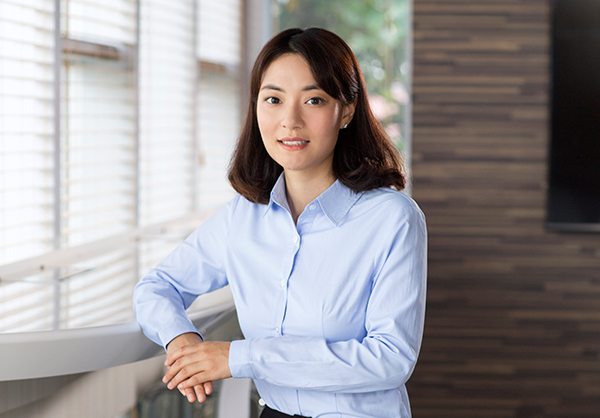Women Entrepreneurs: This CUHK MBA Is Tapping Into Social Entrepreneurship In Hong Kong

Media Coverage by BusinessBecause:
When Lynn Ding sold the majority of her shares of her food startup to an HKEX listed company, she wanted to prepare for the next phase of her career.
Exploring social entrepreneurship was a key ambition, so she set her sights on the MBA program at CUHK Business School. CUHK has the longest running MBA program in Asia, with strong regional and global connections. It also offers a specialized entrepreneurship track.
In particular, Lynn was keen on the Applied Entrepreneurship—Remodeling and Fundraising in Asia course. This module places MBA students with real global ventures, and prepares them to deliver pitches to groups of senior executives, angel investors and venture capitalists, as well as other private equity investors.
During her time on the CUHK MBA, Lynn encountered social entrepreneurship and the power of startups to better society. Through CUHK’s Social Entrepreneurship and Impact Investment Project, she took up a placement at a company which trains those with disabilities to work.
After graduating, Lynn landed an assistant manager role with the Hong Kong Science and Technology Parks Corporation, a startup hub whose goal is to transform Hong Kong into the regional hub for innovation and technological development.
Lynn’s determined that her next startup project will be one focused on social impact.
How have you benefited from the CUHK MBA?
We always talk about entrepreneurial spirit, but without hands-on training and immersive learning it doesn’t have any real meaning. CUHK is famous for its entrepreneurship concentration. Its applied entrepreneurship course, where you work with founders of real companies, is really cool! As far as I know, no other MBA school in Asia provides this kind of course.
During the work on the CUHK entrepreneurship courses, each MBA student is faced with tough situations every day. Things don’t develop how you would expect, and you have to spread your wings and learn how to fly.
What did you gain from the Applied Entrepreneurship course in particular?
I benefited a lot from this course on the CUHK MBA, led by Professor Wilton Chau, who established a Pan-Asia venture development platform which links students, startups, and investors together.
We were engaged in an Israeli project that helps Asthma patients better control their disease. We had a conference call with the founder every week, interviewed industry experts, visited hospitals, cold called competitors, and helped the company find manufacturers in mainland China.
On the final day of this course, we gave a ten-minute presentation to real investors, including Ping An Venture, IPV Capital, SEGNEL Ventures, VentureCraft Group, Business Angel Network South East Asia, and others. It’s the best way to learn how to start a business, as well as how to be a venture capitalist.
What about the Social Entrepreneurship Project?
That project was the first time I’d experienced social entrepreneurship, and I had the chance to work with a great Hong Kong-based social enterprise. My team and I spent two months working with this company, helping them solve pain points, and to better understand the needs of people with disabilities.
I was moved to tears several times when I interviewed the founder and employees. This experience has taught me that entrepreneurship is not all about innovation and profitability, we need to emphasize social responsibility, be friendly to people in need, to society, and to the environment.
How did the job at the Hong Kong Science and Technology Parks Corporation come about?
The CUHK MBA Career Management Center sends job recommendations based on our target industry and companies. Fortunately, after submitting my resume for an internship position I got the offer and joined HKSTP. After a seven-month internship, I became a full-time employee.
Media: BusinessBecause
Section: News/ MBA Entrepreneurs
Date published: May 25, 2018

